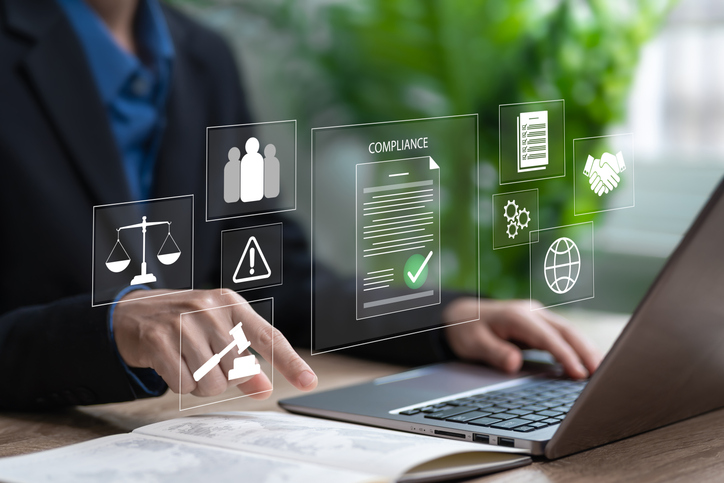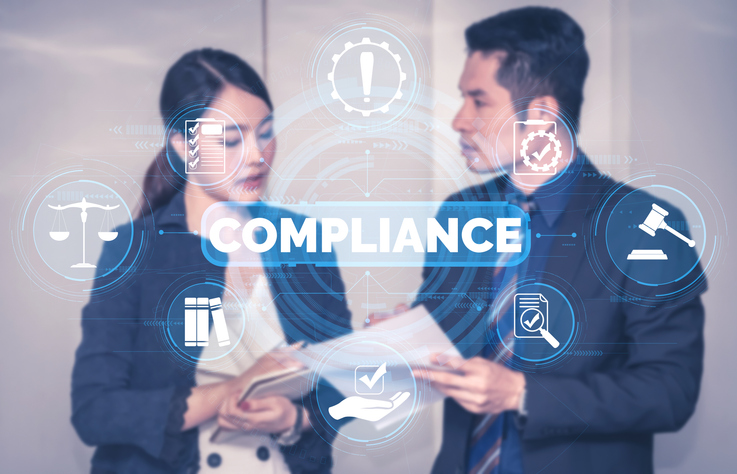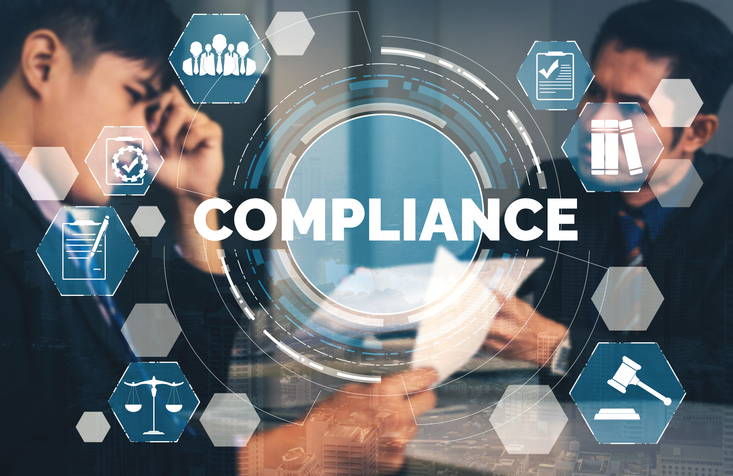When it comes to protecting sensitive health information, HIPAA privacy and security are more than compliance checkboxes—they are critical safeguards for organizations that handle protected health information (PHI). Whether your company operates in healthcare, insurance, or any field that processes medical data, ensuring compliance with HIPAA regulations is essential to protect patient trust, avoid costly penalties, and maintain a culture of accountability.
Understanding HIPAA Privacy and Security Rules
The HIPAA Privacy Rule establishes national standards for the protection of individuals’ medical records and personal identifiable information, while the HIPAA Security Rule sets requirements for safeguarding electronic protected health information (ePHI). Together, these rules ensure that organizations limit access to sensitive data, provide proper data security measures, and train employees on health information privacy best practices.
Why HIPAA Compliance Is Critical
Non-compliance with HIPAA can result in steep fines, legal liability, and reputational damage. Beyond avoiding penalties, organizations that prioritize HIPAA compliance show employees and clients that they value privacy and security. Key benefits of strong compliance include:
- Reducing the risk of data breaches and cyberattacks
- Strengthening trust with patients, customers, and partners
- Meeting both federal healthcare privacy requirements and industry standards
- Promoting a workplace culture built on confidentiality and ethics
Common Challenges in HIPAA Privacy and Security
Many organizations struggle with meeting HIPAA privacy and security standards due to evolving threats and human error. Some of the most common challenges include:
- Lack of regular compliance training for employees
- Insufficient data encryption or outdated technology
- Weak access controls and authentication procedures
- Failing to update policies to reflect new regulations or threats
Best Practices for Protecting PHI in the Workplace
To stay compliant and protect protected health information (PHI), organizations should take proactive steps:
- Conduct regular risk assessments to identify potential vulnerabilities.
- Implement robust cybersecurity measures, such as multi-factor authentication and data encryption.
- Provide HIPAA training to ensure all employees understand their responsibilities.
- Establish clear policies for handling and sharing PHI.
- Monitor and audit compliance regularly to address gaps before they become risks.
Building a Culture of Privacy and Security
HIPAA is about rules and about trust. By embedding HIPAA privacy and security practices into everyday workplace culture, organizations can strengthen compliance while also fostering a sense of accountability among employees. This approach not only protects sensitive data but also demonstrates a commitment to ethical workplace behavior.








